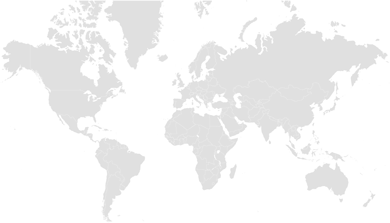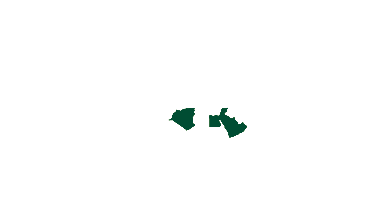Case study
2024 • Camp Dresser and Mckee (CDM), Aqaba Water Company (AWC), Public Security Directorate (PSD) Reuse of treated wastewater in Jordan
Three case studies examine best practices for treated wastewater (TWW) reuse in Jordan, a country challenged by extreme water scarcity issues. Two cases are from centralized wastewater treatment plants (WWTP) of Wadi Musa (2004) and Aqaba (2002) implemented with support from USAID and local stakeholders. The third case is from a decentralized WWTP for the Public Security Directorate (PSD) compound in the peri urban area of Moqablane, Amman. These projects have demonstrated significant socio-economic and environmental benefits. The initiatives began with infrastructure development and capacity-building efforts and have resulted in increased resource recovery, reduced freshwater demand, and enhanced agricultural productivity.
Recovered Materials & Products
Waste Streams
Wastewater
Confirmed countries
Australia


Background and context
Jordan faces severe water scarcity and high freshwater demand, making efficient wastewater treatment and reuse essential for sustainable water management. Groundwater pollution and inadequate wastewater treatment further exacerbate the country’s water challenges. To address these issues, Jordan has implemented wastewater treatment and reuse projects to enhance water availability while mitigating environmental risks.
Approach
The initiative employs advanced wastewater treatment technologies across multiple locations. At the Wadi Musa Wastewater Treatment Plant (WWTP), processes include grit removal, sedimentation tanks, biological activated sludge treatment with nitrogen removal, polishing lagoons, chlorination, sludge drying beds, and drip irrigation for treated water reuse. In Aqaba, wastewater treatment is divided between two systems: facultative ponds that treat 2.5 million cubic meters (MCM) annually, and oxidation ditches, clarifiers, sand filtration, and UV disinfection, which treat an additional 4.5 MCM. The Public Security Directorate (PSD) Decentralized WWTP employs Sequencing Batch Reactor (SBR) technology, sand filtration, and drip irrigation systems for efficient wastewater reuse.
Stakeholders include local farmers and communities, particularly in Wadi Musa, as well as industrial actors like the Phosphate Mines Company in Aqaba. Government entities such as the Aqaba Water Company and PSD play a central role in management and regulation, while international donors and agencies—including USAID, BMZ, and GIZ—provide financial and technical support. Implementation involved establishing wastewater treatment infrastructure, engaging local communities to enhance social acceptance, designing and deploying drip irrigation systems to maximize water efficiency, and continuously monitoring and sharing project outcomes to demonstrate success and encourage replication.
Outcomes and impact
The initiative has significantly improved water reuse across multiple sites in Jordan. In Wadi Musa, 1.02 MCM of treated wastewater (TWW) is reused annually, irrigating 1,069 dunums (acres) of land. In Aqaba, wastewater reuse has reached 7.0 MCM per year, supplying 15% of the city’s total water demand and supporting urban landscaping and green spaces. Additionally, 33% of the wastewater treated is reused by the Phosphate Mining Company, reducing industrial reliance on freshwater sources. At the PSD WWTP, 4,500 cubic meters of freshwater are saved each month through wastewater reuse for green areas within the Directorate.
Lessons learned
The wastewater reuse projects in Jordan highlights several key lessons. Social acceptance proved essential, with extensive community engagement playing a crucial role in building trust and encouraging adoption. Economic incentives further motivated participation, as farmers benefited from reduced fertilizer costs due to the nutrient-rich properties of treated wastewater. The success demonstrated in Wadi Musa, Aqaba, and PSD suggests scalability potential, making these models applicable to other water-scarce regions globally. Additionally, institutional support was a critical factor, as effective collaboration between public, private, and international stakeholders ensured sustained impact through coordinated efforts, policy backing, and financial support.
Learn more
Nationwide evaluation report on reuse of treated wastewater in Jordan. Chapter 4 summarizes the case studies.
Reuse of treated wastewater in Jordan
Wadi Musa wastewater treatment plant and the Sadd al Ahmar alfalfa irrigation area
Brief of lessons learned and policy recommendations
Promoting decentralized wastewater treatment and reuse in peri-urban Jordan
Technologies
Sequencing Batch Reactor
Themes
Public acceptance
Stakeholder engagement
Decentralized systems